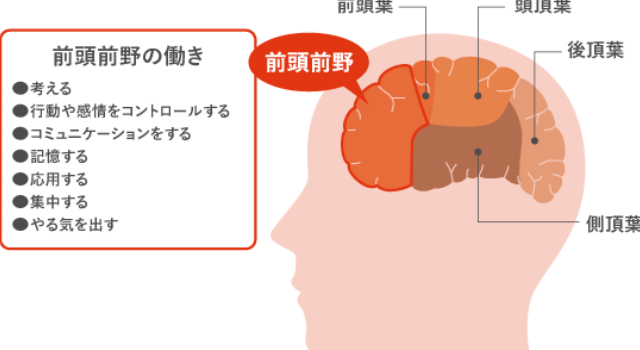Walking as part of an aerobic exercise is an effective means to enhance cognitive function.
The “Nakanojō Study” conducted by Dr. Yukitoshi Aoyagi from the Tokyo Metropolitan Institute of Gerontology found that from around 5,000 steps a day (including a 7.5 minute medium-intense activity such as speed-walking) is effective for preventing dementia.
The large-scale health study on the relationship between disease prevention and daily physical activity (such as walking) was conducted with 5,000 elderly individuals aged 65 and over in Nakanojō, Gunma, Japan for over 15 years.
The results shown in the table below summarizes guidelines to prevent diseases such as arteriosclerosis, hypertension and diabetes according to the number of steps and intensity of the activity. In past studies, 10,000 steps a day was said to be ideal for health, but depending on the individual, too much walking may cause other health issues such as pain or injury.
The study also reveals that not only is the number of steps important, so is the intensity as well. As for walking speed, medium-sized activities such as fast or speed-walking are most effective. Regular slow walking such as when going shopping is not effective in the prevention of dementia no matter how many steps are taken.
The most effective brain training is 8,000 steps per day and 20 minutes walking fast; but first, let us aim for 5,000 steps per day.
| Number of steps per day | Medium intensity activity time | Disease that can be expected to be prevented |
|---|---|---|
| 2,000 steps | 0 minutes | Bedridden |
| 4,000 steps | 5 minutes | Depression |
| 5,000 steps | 7.5 minutes | Dementia, heart disease and stroke |
| 7,000 steps | 15 minutes | Arteriosclerosis and osteoporosis |
| 8,000 steps | 20 minutes | High blood pressure, diabetes and ‘brain training’ |
| 10,000 steps | 30 minutes | Metabolic syndrome |
| 12,000 steps | 40 minutes | Obesity |
Please note that this data is from Dr. Yukitoshi Aoyagi’s (Tokyo Metropolitan Institute of Gerontology) research and the results are not guaranteed.









